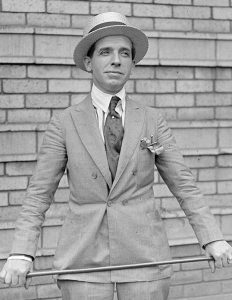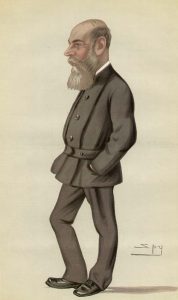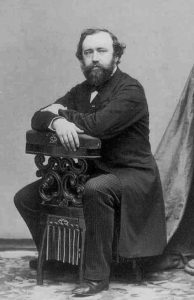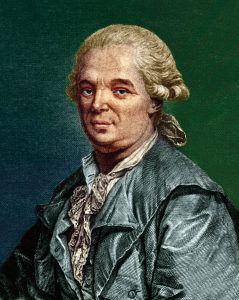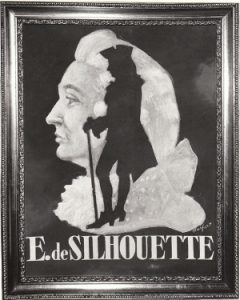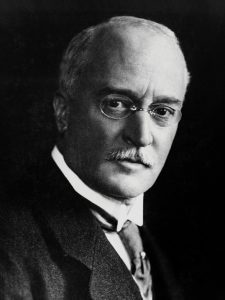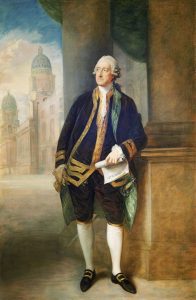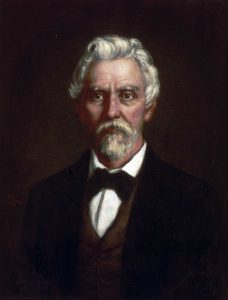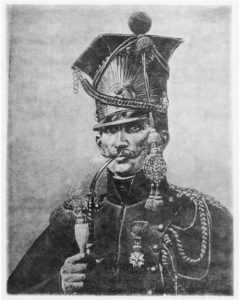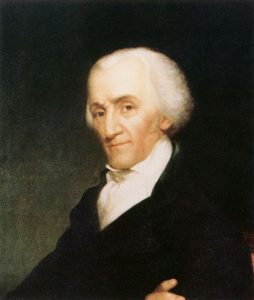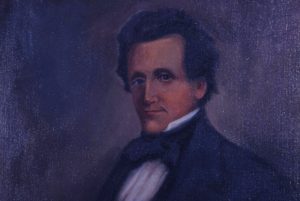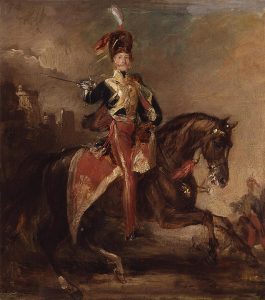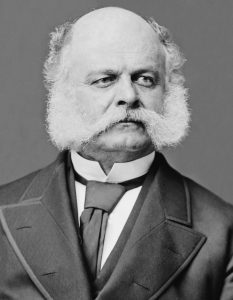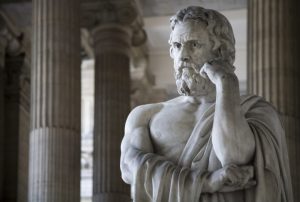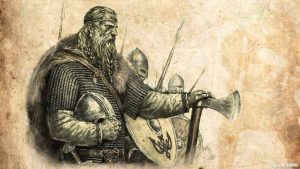16 English Words That Come From People’s Names
The English Vocabulary is quite vast and contains as many as around 170,000 words! Some of these words have quite fascinating origins. Sometimes these words come from people’s names! Yeah, you read that right. These people have been immortalized by the language and we unknowingly use these words. So here is a list of such English words that come from people’s names.
You might also like: 20 English Words That Came From Hindi
1. ‘Ponzi Scheme’ named after Charle’s Ponzi
Ponzi Scheme which refers to a type of fraudulent investment scheme is named after Charles Ponzi. Charles Ponzi was an Italian swindler and con artist who operated in the U.S. and Canada. He offered extravagant returns on investments and paid earlier investors using the investments of later investors.
Image Source: Wikimedia Commons
2. ‘Boycott’ Named After Charles Cunningham Boycott
The word boycott which refers to the non-violent act of withdrawal from a country, organization, or product as a form of protest, comes from the name of Charles Cunningham Boycott – an English land agent in Ireland. After retiring from the army, Boycott worked as a land agent for Lord Erne, who was a landowner. In 1880, local activists of the Irish National Land League in resistance to evictions on the estate encouraged Boycott’s employees to go on strike and hence began a campaign of isolation against Boycott in the community. This became a highly popularised event at the time and garnered significant coverage from the British press which opposed this campaign against Boycott. Soon, due to the high popularisation of the event, the word ‘Boycott’ entered the common vocabulary which refers to a campaign of isolation and ostracization.
Image Source: Wikimedia Commons
3. ‘Saxophone’ Named After Adolphe Sax
Saxophone which is a single-reed woodwind instrument is named after its inventor Adolphe Sax. Sax was a musical instrument designer born in Belgium who could play many wind instruments and in the 1840s conceived the saxophone.
Image Source: Wikimedia Commons
4. ‘Mesmerize’ Named After Franz Anton Mesmer
Mesmerize which is a verb to describe holding someone’s attention completely come from the name of Franz Anton Mesmer. Mesmer was an 18th-century physician in Vienna who founded a therapeutic movement called mesmerism, according to which all people and objects are pulled together by a strong magnetic force.
Image Source: National Geographic
5. ‘Silhouette’ Named After Etienne de Silhouette
A silhouette is the image of a person, animal, object or scene represented as a solid shape of a single color, usually black. The name Silhouette traces back to the mid-18th century French finance minister, Etienne de Silhouette.
Étienne de Silhouette’s time as Treasury Chief was brief, but it nonetheless made him the target of animosity. His penny-pinching ways led the phrase “à la Silhouette” to be used to describe goods that were regarded as being inexpensive or austere.
Also, during this time a shadow profile cut from black paper was a type of art that was becoming more and more popular. For individuals who could not afford expensive paintings or sculptures, this art form offered a straightforward and affordable alternative. Étienne de Silhouette used to make these paper cuts as a hobby and thus the word “silhouette” was used by those who thought it was inexpensive.
Image Source: Adventures on the Bookshelf
6. ‘Hooligan’ Named After Patrick Hoolihan
The word Hooligan which is used to refer to a violent troublemaker is another English word that comes from a person’s name. The word comes from Patrick Hoolihan (or Hooligan), who was an Irish bouncer and thief who lived in London.
7. ‘Diesel’ Named After Rudolf Diesel
The word diesel is named after Rudolf Karl Diesel. He was a German inventor and mechanical engineer who is famous for having invented the diesel engine, which burns diesel fuel.
Image Source: Wikimedia Commons
8. ‘Sandwich’ Named After The Earl of Sandwich
The sandwich is named after John Montagu, 4th Earl of Sandwich, who was an eighteenth-century English aristocrat. It is commonly said that Lord Sandwich, during long sessions of card games, would order his valet to bring him salt beef between two pieces of toasted bread. The dish then grew in popularity in London, and Sandwich’s name became associated with it.
Image Source: Wikimedia Commons
9. ‘Maverick’ Named After Samuel Maverick
According to Collins English Dictionary, the term is defined as a lone dissenter who takes an independent stand apart from his or her associates. The word Maverick is named after Samuel Augustus Maverick who was a Texas lawyer, engineer, and rancher.
The reason his name is used this way is that Maverick came to be considered independently-minded by his fellow ranchers because he refused to brand his cattle. He refused to brand his cattle because he didn’t want to inflict pain on them. The unbranded cattle without an identifying mark when spotted were called “mavericks”
Image Source: Texas Highway
10. ‘Chauvinist’ Named After Nicholas Chauvin
Chauvinist refers to an attitude of superiority toward members of the opposite sex. Earlier, however, the word was used to refer to excessive and aggressive nationalism. The word comes from the name of Nicholas Chauvin who was one of Napoleon’s most zealous and vocal supporters, even long after the Napoleonic Wars concluded.
Image Source: Cabinet Magazine
11. ‘Gerrymandering’ Named After The Governor Gerry of Massachusetts
The term gerrymandering which refers to the act of manipulating the boundaries of an electoral constituency to favor one party or class is named after Elbridge Gerry. He was the Vice President of the United States at the time of his death, and as governor of Massachusetts in 1812, signed a bill that created a partisan district in the Boston area that was compared to the shape of a mythological salamander.
Image Source: Wikimedia Commons
12. ‘Lynching’ Named After Charles Lynch
Lynching is an extrajudicial killing by a group and comes from the phrase ‘Lynch Law’ a term for a punishment without trial. The term is derived from the name of Charles Lynch who was a planter in Virginia (United States) who headed a Kangaroo court that rounded up suspects and punished the loyalists, during the American Revolution.
Image Source: Wikimedia Commons
13. ‘Cardigan’ Named After James Brudenell, the 7th Earl of Cardigan
Cardigan is a type of knitted sweater that has an open front and is worn like a jacket. It is named after James Brudenell, who was the 7th Earl of Cardigan and was a British Army major general. He led the Charge of the Light Brigade at the Battle of Balaclava during the Crimean War. The Cardigan is modeled after the knitted wool waistcoat that British officers supposedly wore during the war.
Image Source: Wikimedia Commons
14. ‘Sideburns’ Named After Ambrose Burnside
The English word Sideburns got its name from Ambrose Burnside, who was an American army officer and politician and became a senior Union general in the Civil War. He sported the distinctive hairstyle. His spectacular growth of whiskers became known as “sideburns,” deriving from the two parts of his surname. Burnside did not invent the look, but his facial hair was so famous that the term “burnsides” was coined and began to describe its replicas.
Image Source: Wikimedia Commons
15. ‘Draconian’ Named After Draco
The English word Draconian refers to extremely harsh and severe laws and is another example of an English word that comes from a person’s name. Draconian is named after Draco also spelled Dracon, a 7th-century B.C. An athenian legislator who created a written code of law. Draco’s code was intended to clarify existing laws but his laws were so harsh that they punished both trivial and serious crimes in Athens with death—hence the continued use of the word draconian to describe repressive legal measures.
Image Source: Greek Boston
16. ‘Bluetooth’ Named After Harald ‘Bluetooth’ Gormson
The Bluetooth technology which allows you to talk hands-free and listen to music wireless is also named after a real person. It is named after the Viking King of Denmark in the 900s, Harald ‘Bluetooth’ Gormson, who united the tribes of Denmark into a single kingdom, thus the technology was named after him as it would also unite devices.
Image Source: Nordic Culture
And with that, we come to the end of this list of English words that come from people’s names. Do let us know in the comments if you got any more examples. Hope you had fun reading this article, and don’t forget to share it with your friends.


